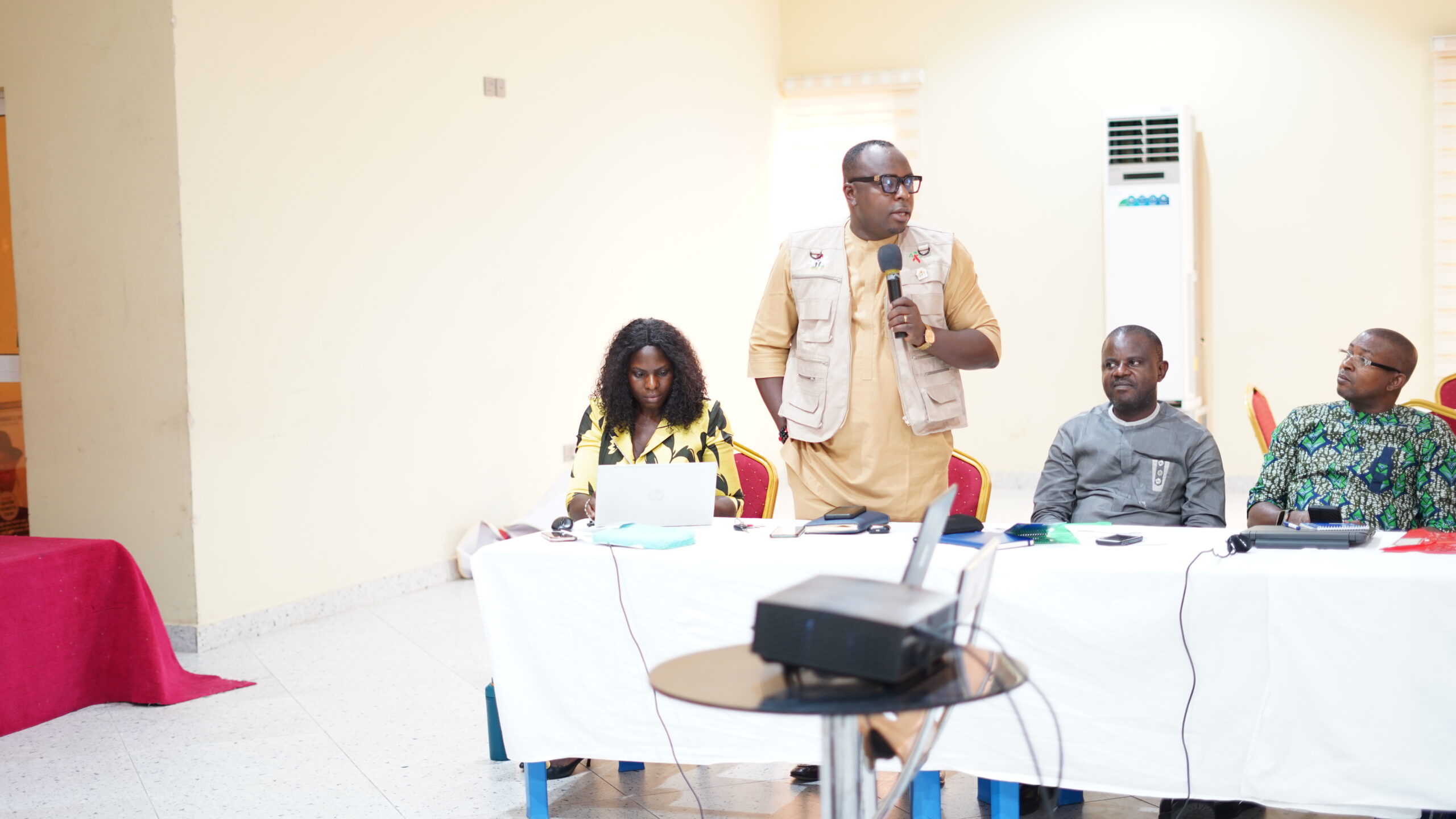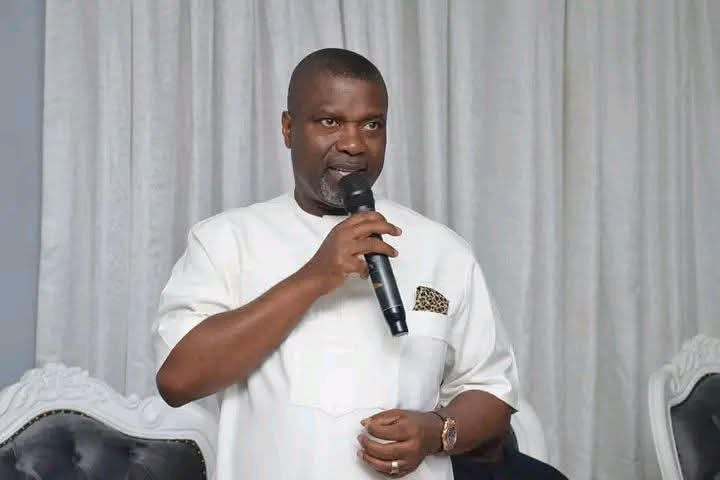●As Lawyers Alert, MHR seek CSO’s collaboration
The Chairman, House Committee on Health of the Akwa Ibom State House of Assembly (AKHA), Hon. Moses Essien has advocated for a more responsive, equitable, and sustainable health system, one that ensures the most vulnerable populations are not left behind and that gender-related barriers are effectively addressed.
The health committee chairman stated this at the commencement of a two-day Capacity Building Workshop on Evidence-Based Advocacy for an Effective Gender-Responsive HIV, TB, and Malaria Response in Uyo, Akwa Ibom State.
The workshop which was organised by Lawyers Alert, in collaboration with Media Health and Rights Initiative of Nigeria (MHR) and supported by Gender Equality Fund GEF held 4 and 5 February 2025, equipped Civil Society Organisations CSOs policymakers, healthcare providers, and other key stakeholders with strategic tools and advocacy skills necessary for eliminating gender-related barriers in health care access and disease response.
In his keynote address, Hon. Essien emphasized on the critical role gender-sensitive healthcare policies play in combating HIV, TB, and malaria, noting that these diseases disproportionately impact women, girls, and marginalized communities, who often face significant challenges in accessing timely treatment and care.
He further reaffirmed the commitment of the Akwa Ibom State House of Assembly to supporting advocacy initiatives that promote improved healthcare delivery across the state.
The Programme Manager of the Akwa Ibom State Agency for the Control of AIDS (ASACA), Dr. Emabong Akpan, in his speech stressed on the urgency for a stronger advocacy in light of evolving global funding priorities, citing the recent withdrawal of foreign aid for HIV programmes by the United States as a wake-up call for Nigeria to prioritize local strategies for sustainability.
“The era of integration is here. We have learned from the experience of the recent withdrawal of foreign aid for HIV by the USA, and we are working tirelessly to strengthen the local response. One of the key drivers of sustainable funding and improved healthcare delivery is strong advocacy,”
Dr. Akpan urged participating CSOs to utilize the knowledge gained from the workshop to push for policies that guarantee long-term funding and gender-responsive interventions.
Speaking in the same vein, the Director of Administration and Finance at Lawyers Alert, Mr Olayemi Agoro, highlighted the urgency of advocacy efforts in the face of shifting global policies. He emphasized that unpredictable decisions, such as the U.S. president’s recent executive order impacting HIV funding underscore the need for proactive engagement by Nigerian CSOs and policymakers.
“There is no time to wait. If one executive decision in the U.S. can halt a major source of HIV funding, we must realize that anything can happen. Nigeria must be ready for these eventualities, and the best way forward is through strategic advocacy for HIV, TB, and malaria responses that serve our communities effectively,”
Agoro encouraged participants to remain passionate about the cause, regardless of personal affiliations with affected individuals.
In her address, the Legal Adviser at Lawyers Alert, Peace Okeshola, reiterated the need for targeted advocacy in addressing gender-based barriers to healthcare access. She stressed that many women and girls face systemic inequalities that prevent them from receiving timely and adequate treatment for HIV, TB, and malaria.
“Advocacy plays a crucial role in raising awareness of the challenges women face in accessing healthcare. Through strategic engagement, we can drive policy changes, obtain resources, and mobilize stakeholders to create a more inclusive healthcare system,”
She called for collective action among civil society organizations, the media, and policymakers to push for meaningful reforms.
The two-day workshop will amongst other aims and objective will:
Build the capacity of grassroots CSOs on evidence-based advocacy strategies for gender-responsive disease control.
Raise awareness of gender-specific challenges in HIV, TB, and malaria prevention and treatment.
Equip participants with advocacy tools to push for policy changes at local, state, and national levels.
Promote stakeholder engagement by fostering dialogue between CSOs and policymakers.
Develop actionable recommendations for improving healthcare access and service delivery for marginalized groups.
Participants in an interactive sessions with resource persons suggested strategic development ways in strengthening advocacy approaches throughout the workshop.
The workshop underscored the commitment of Global Fund through Lawyers Alert and MHR in driving policy change and ensuring that Nigeria’s health response remains inclusive, equitable, and sustainable. As advocacy efforts gain momentum, stakeholders were encouraged to remain engaged in ongoing dialogues and collaborative initiatives that will enhance gender-responsive healthcare solutions.



